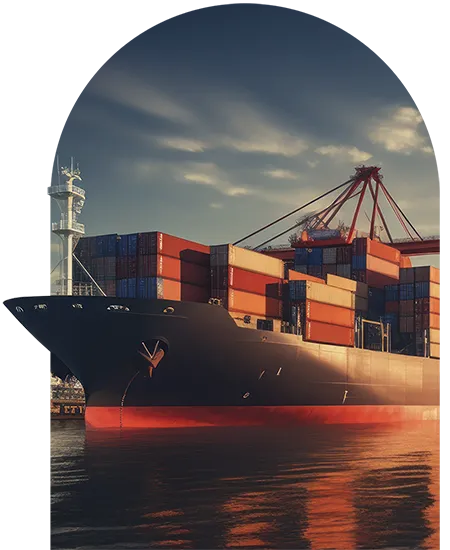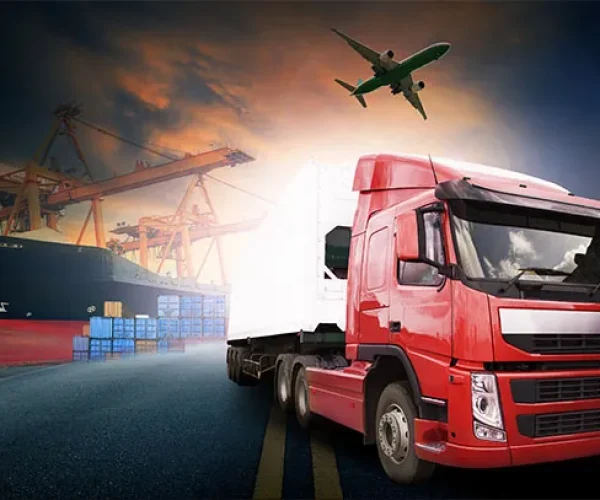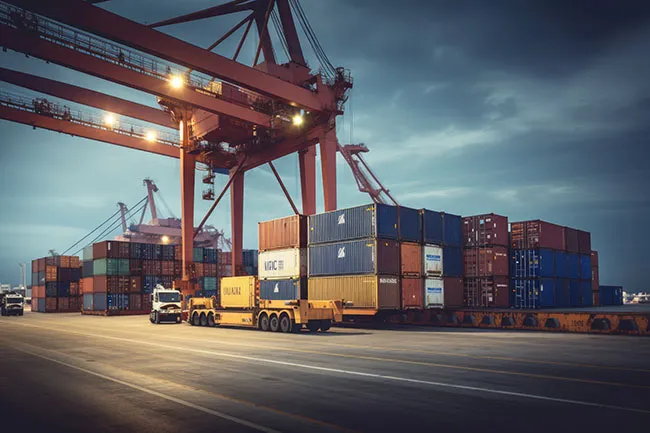Transforming Operations in Africa


Businesses need to fully use advanced technologies such as AI and Big Data to foster ongoing improvements. By integrating IoT, data analytics, and AI, companies can significantly enhance their supply chain processes.
The economy is changing due to increased fuel prices and inflationary demands, which could lead to a higher credit crisis. Furthermore, compliance regulations, additional capacity, and hype are among the factors causing a shift in the primary center.
Delivering goods to the final destinations in rural and remote areas can be difficult due to poor road infrastructure, inadequate addressing systems, and limited connectivity. This last-mile delivery poses significant challenges, increasing costs, and longer delivery times.
Africa faces a significant shortage of skilled logistics professionals, especially in key areas like supply chain management, customs procedures, and operational efficiency. The lack of training and professional development opportunities available further intensifies this challenge.
Security challenges are prevalent in various regions of Africa, with political instability, conflict, and piracy being some of the major concerns. These issues can disrupt transportation routes, increase insurance costs, and put cargo and personnel at risk.
The need for standardization in transportation and logistics processes across African countries creates business complexities. Differences in documentation requirements, weight restrictions, and vehicle regulations add to the challenges of operating across borders.
